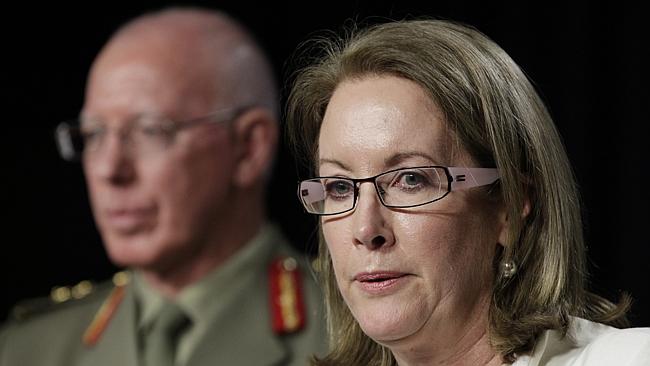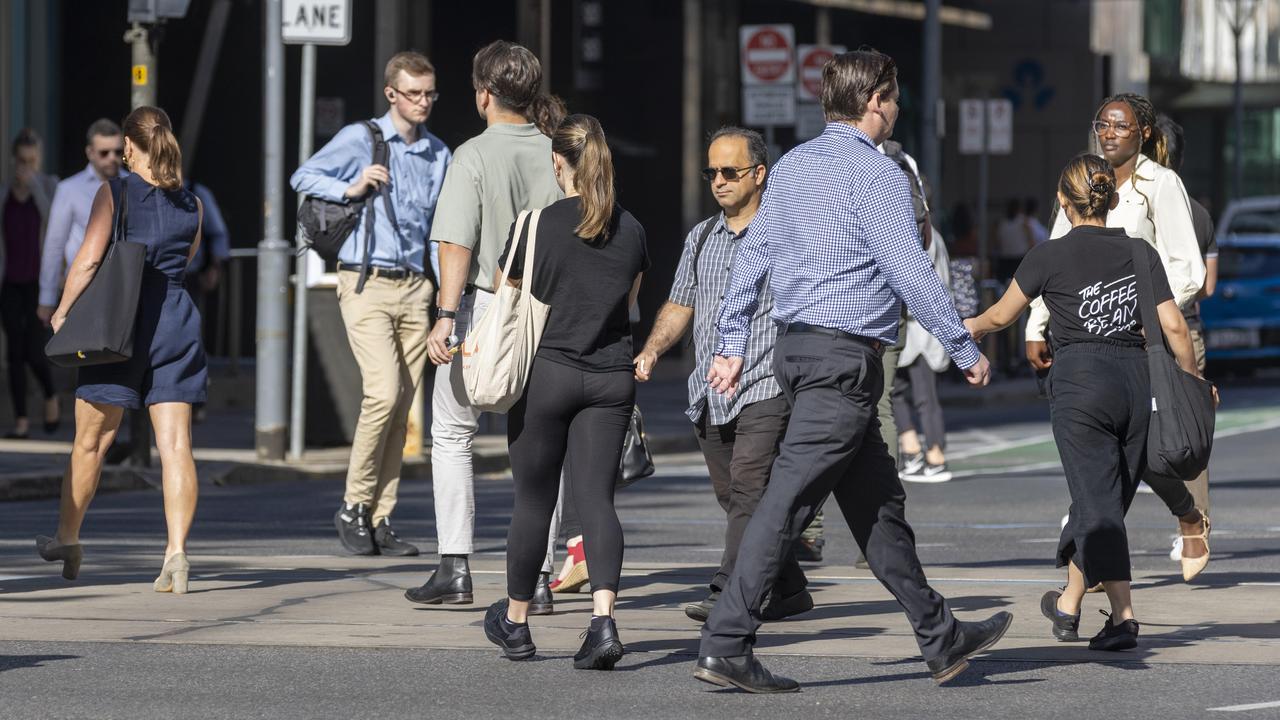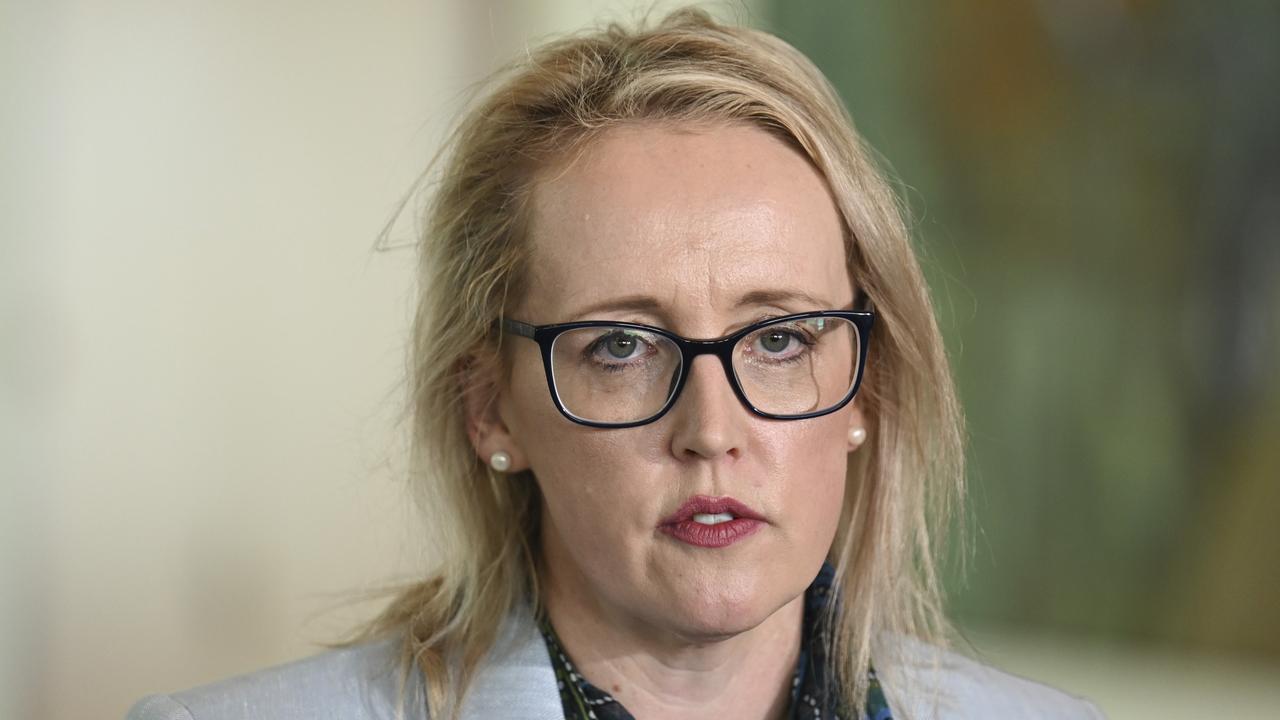Sex Discrimination Commissioner Elizabeth Broderick puts military’s top brass on notice
SEX Discrimination Commissioner Elizabeth Broderick has put the military’s top brass on notice to stamp out a backlash against gender equity reforms.

DEFENCE top brass needs to move quickly to stop a growing backlash against gender equality in the military, says Sex Discrimination Commissioner Elizabeth Broderick.
Launching her final audit report on the treatment of women in the defence force, Ms Broderick warned that if the backlash was not quelled it could “derail’’ the historic reform program.
“In all our discussions, our focus group and the work we have been doing, we have heard of a backlash,” she said.
“More needs to be done to better communicate the case for change and the rationale for many initiatives that are now in place. That case needs to be particularly communicated at the mid and junior levels.
“It has been a very masculine environment forever.”
The Commissioner praised the work of senior military leaders, including Army Chief Lieutenant General David Morrison who has become a pin-up boy for the gender equity movement, after his YouTube clip about respect for women.
“It’s men taking the message of gender equality to other men ... that will create change,” she said.
The final report identified four key areas where work was still needed:
* Commanders to be held responsible for culture in their units;
* Agreed sexual ethics training must begin;
* Bad behaviour had to be better reported;
* Better promotion of the impact of change.
Ms Broderick said the Australian military had developed into a world leader in promoting and strengthening links between gender and capability.
“A more gender diverse military goes to the very heart of the ADF’s future capability,” she said.
The Commissioner said that after just 18 months the Defence leadership had made huge strides in implementing her original 21 recommendations and spreading the word along the command chain.
“I have a sense the cultural reform agenda is embedded, not just with this current group of leaders but further down the ADF than that,” Ms Broderick said.
She pointed to the Sexual Misconduct Prevention and Response Office (SEMPRO) as an example of the depth of change.
The office received almost 300 calls and emails from alleged abuse victims between July and November 2013.
SEMPRO operated outside the chain of command and applied a “victim centric approach” to abuse.
Another key reform was the opening up of senior or star ranked jobs to officers from non-combat backgrounds.
One area where women appear to have little interest is in combat roles such as infantry and armoured corps.
The uptake of serving women into the “sharp end” had been very low since they had been opened up to anyone who could pass the arduous Physical Employment Standard (PES).
“We didn’t meet a whole lot of women who wanted a combat career,” Ms Broderick said.
“The success of mixed gender teams can’t rest on women alone.”
She said the ADF and Australian Defence Force Academy (ADFA) had sustained much more scrutiny than any residential college at a civilian university.
The commissioner said sexual harassment levels in defence were similar to any workplace but reporting levels were very low.
Meanwhile defence chief General David Hurley has appointed Julie McKay from UN Women Australia as his first gender adviser.
###



